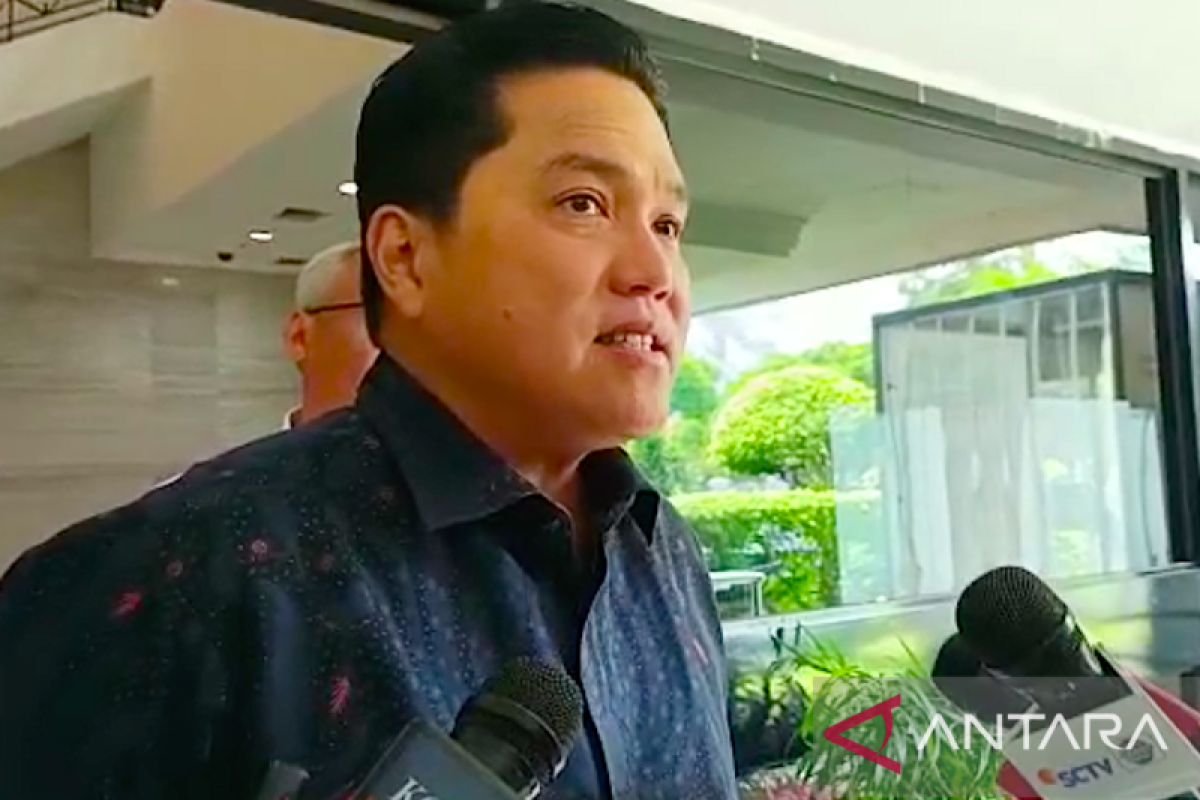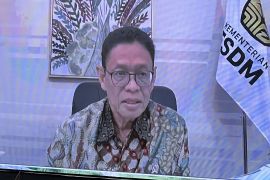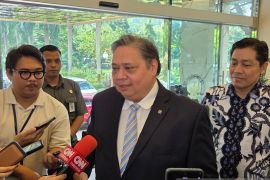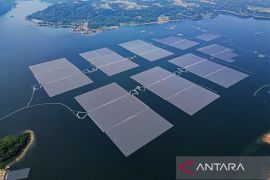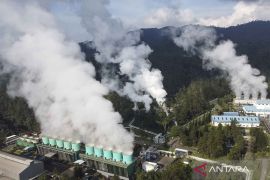"This energy transition must be in accordance with our country's blueprint, not other countries' blueprints. With the energy transition, we do not want people to pay more for electricity or experience a price increase due to increased electricity bills in industries," he expounded after a meeting with the chief of Presidential Staff (KSP), Moeldoko, in Jakarta on Monday.
Under Indonesia's development blueprint, the use of coal will need to be reduced within a certain time period, the minister noted. However, this will not be rushed since coal is still a source of electricity production.
"For example, we want to reduce coal use in the next 10 years according to our blueprint. We cannot rush it in 2 years because we will be running out of an electricity source," he explained.
Thohir then emphasized the need for striking a balance between accelerating the energy transition and implementing the national development blueprint.
During his meeting with Moeldoko, the minister said, he also discussed the development of the electric vehicle battery industry.
According to him, education regarding electric vehicles must be strengthened at the community level to reduce imports of fuel oil (BBM) for conventional vehicles. In addition, fuel imports can be reduced by using bioethanol fuel.
"If we can strengthen penetration regarding electric vehicles to the community, we can suppress our fuel imports. However, we still need to import fuel for the petrochemicals, textile, and medicine industries," Thohir pointed out.
The government has continued to intensify its energy transition program as part of a push to achieve net-zero emissions by 2060, in accordance with the Paris Agreement.
As of September 23, 2022, the government has also increased its Nationally Determined Contribution (NDC) commitment for 2030 by setting an emission reduction target of 31.89 percent (up from 29 percent earlier) through its own efforts and 43.20 percent (up from 41 percent earlier) with international support.
Related news: Just, affordable principle important in energy transition: Minister
Related news: VP appeals on oil, gas use amid energy transition era
Related news: Central Java, Norway explore energy transition cooperation
Translator: Indra Arief P, Resinta S
Editor: Azis Kurmala
Copyright © ANTARA 2023
